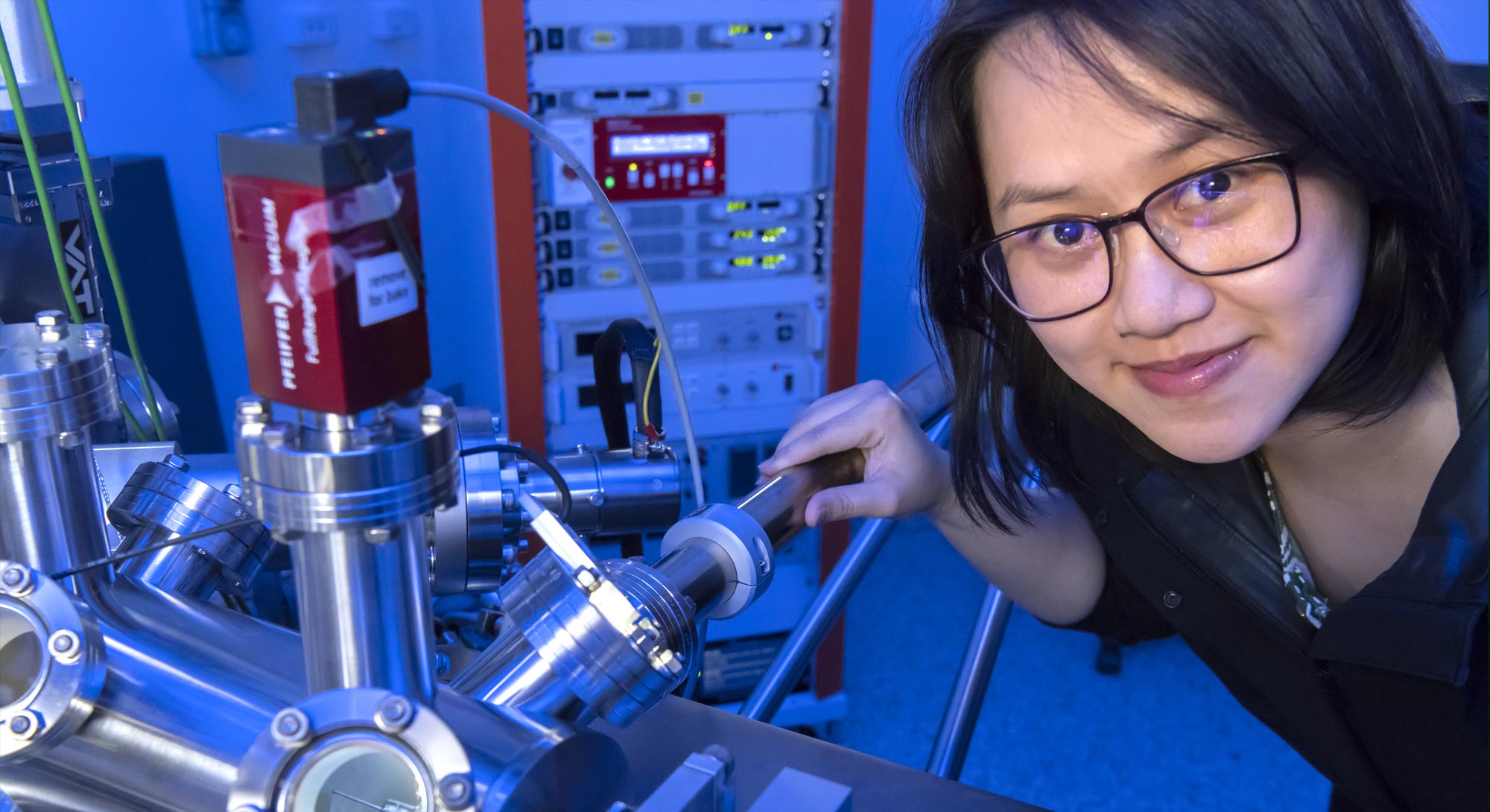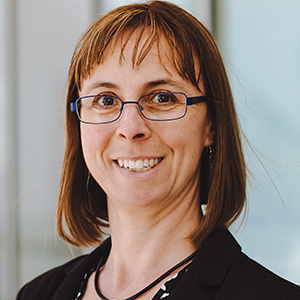
Building future science leaders
FLEET ensures that our young researchers are prepared for future success – wherever their career takes them.
The Centre currently supports 65 higher degree by research (HDR) students and 45 postdoctoral researchers with another 21 research affiliates working on FLEET projects and invited to Centre training, workshops and events.
FLEET connects its researchers with internal and international networks, for example, offering research internship programs at partner organisations.
We are fortunate that FLEET early-career researchers (ECRs) have welcomed leadership roles within the Centre, including:
- Initiating ‘remote’ outreach projects
- Seeking out and coordinating development training for ECRs and students
- Running internal leadership and skills training (leadership, Blender animation software, Illustrator graphics package)
- Chairing Centre governance committees.
FLEET training programs in 2020
- Blender science-animation training, run by Research Fellow Dr Iolanda Di Bernardo
- Illustrator graphics training, run by Dr Dianne Ruka
- How to write a scientific paper, run by Chief Investigator Prof Nagy Valanoor
- Building leadership skills (WLA, Leading Edge)
- Got PhD what’s next – graduating in a pandemic, in partnership with FLEET partner, the MacDiarmid Institute
- Ascend research impact and industry engagement
- Effective presentations and Wikipedia-editing skills, with the ARC Centre for Engineered Quantum Systems (EQUS)
- Annual workshop tutorials/colloquia (graphene, research translation, quantum-based metrics, artificial intelligence (AI) and data science for social good, exciton-polaritons, equity modelling).
In addition, FLEET organised a number of training sessions around equity and diversity awareness and Centre members presented updates on their research in the series of monthly FLEET live-streamed seminars.
Members were also funded by FLEET to pursue their own, individual training needs, with the assistance of a small ECR-coordination team that sought out relevant opportunities. Individual training included grant writing, science communication, paper-writing and presentation skills, software (Excel, Premiere, Illustrator, Python), sign language, data science, LinkedIn and career skills.
Read our Case Study
Read our Case Study
Mentoring program
FLEET provides mentoring to personnel across all career stages (such as PhD students and early- and mid-career researchers) covering areas such as induction, career advancement and planning, equity and diversity, professional development, entrepreneurship and research leadership skills.
Two mentoring models are offered:
- Individual, goal-oriented mentoring, where members are individually matched to a mentor within FLEET based on their needs, for example, guiding application for promotion, grant writing or providing career advice
- Group mentoring via training sessions, for example, on manuscript preparation, grant writing, scientific presentation and research leadership.
Participation of senior members as mentors is high, with 90% of our chief investigators being a mentor. However only 25% of scientific associate investigators and 10% of partner investigators are mentoring FLEET ECRs and students, and we would like to improve this.
Participation of our members as mentees also needs improvement: only 51% of FLEET students and 43% of research fellows are mentees in a FLEET mentoring program.
FLEET continues to improve its mentor program, guided by surveying participants.
Mentees have typically indicated their mentor relationship enabled a distinct social connection – often outside the tightly-bonded network of the physics discipline – with whom they could share experiences. Their mentor provided balance and perspective on their career, problems in their own research and on bigger picture issues affecting their lives.
Constructive feedback from participants has suggested more formal guidance and training for mentors and mentees might help build more genuine and effective relationships and improve the intended outcomes, such as expanding mentee skill sets and career decision-making.

“I have grown professionally, I have got acquainted with a mentor that I can completely trust, who has enormous experience to share, and has a balanced outlook on things. She is also very frank, and she appreciates my small victories.”
Semonti Bhattacharyya (mentee)
“I’ve found it valuable to have a mentor who can indicate whether research-related issues I am going through are normal or not.”
Bernard Field (mentee)


”It is good to share experiences. The FLEET mentor program is a good support network – particularly in a year like 2020.”
Kirrily Rule (mentor)
FLEET members access a number of mentoring programs, including:
- External mentor programs (7 members)
- Early-career researcher mentoring (45 members)
- Industry mentoring (2 members)
- Academic mentoring (11 members)
- Women in FLEET mentoring (13 members).
Members involvement in FLEET mentoring programs
| Mentees | Mentors | |
|---|---|---|
Chief investigators |
40% |
90% |
Partner investigators |
10% |
|
Scientific Associate investigators |
20% |
24% |
Research Fellows |
43% |
26% |
PhD Students |
51% |